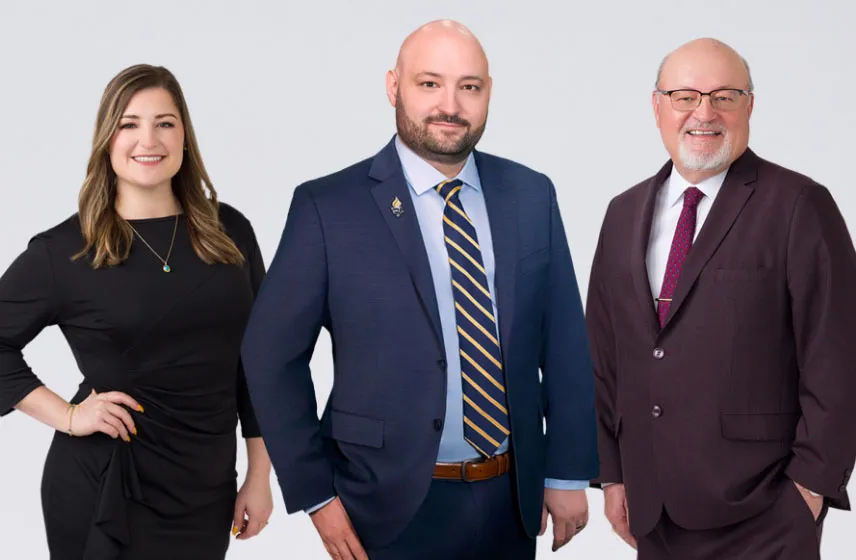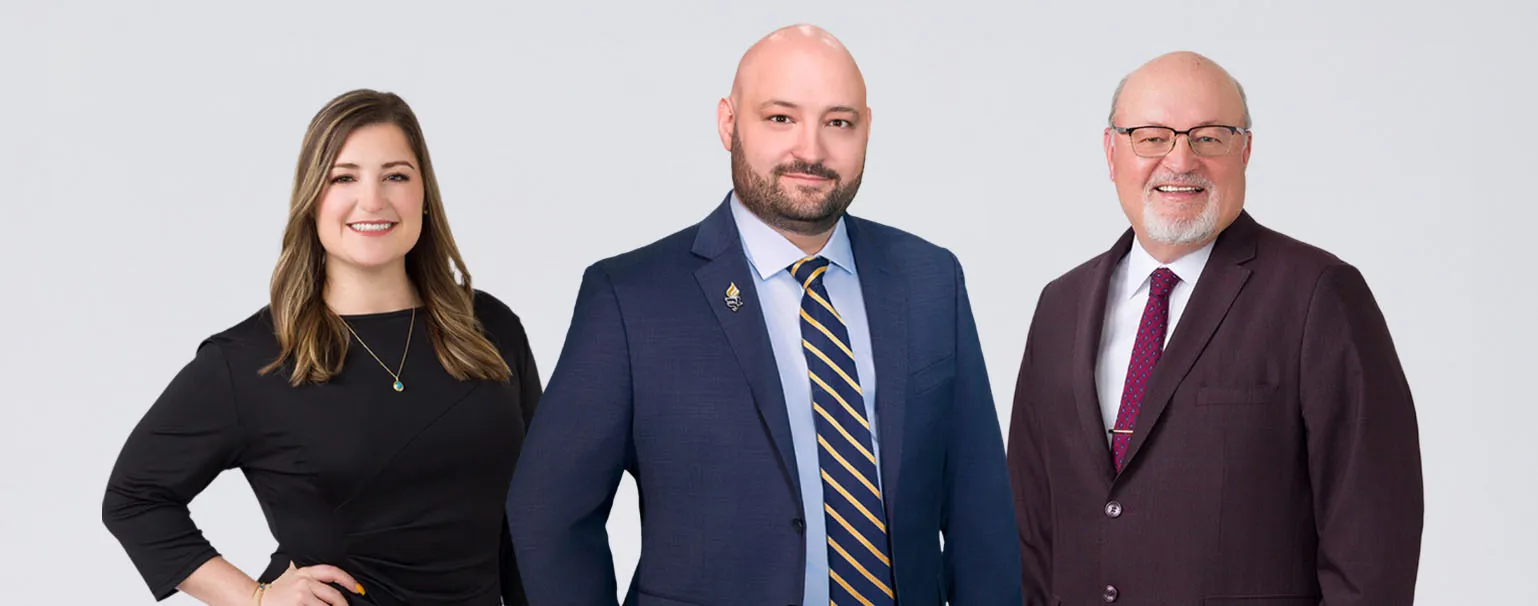Nevada is a fault-based insurance state for car accident claims. Under the state’s modified comparative negligence system, a car accident victim can file a claim for property damage and an injury claim against the insurance of the driver who caused the accident.
Because of the state’s fault-based insurance laws, all Nevada drivers must carry at least the minimum car insurance required by law; however, many drivers choose to add additional coverage. Understanding full coverage vs. liability insurance can help a driver make the right choice for their coverage and also helps a Nevada car accident victim understand their options for recovering compensation for their damages.
If you’ve been injured in a crash, working with a Henderson personal injury lawyer can help you navigate the claims process, negotiate with insurers, and ensure you pursue the full compensation you’re entitled to under Nevada law.
What Is the Minimum Insurance Requirement for Nevada Drivers?
All drivers in Nevada must have a valid insurance policy with at least the minimum coverage. Minimum coverage requires only liability insurance to compensate an accident victim if the policyholder causes a car accident with property damage and injuries to another motorist. The minimum policy must include the following:
- $25,000 in bodily injury or wrongful death liability coverage per person
- $50,000 for bodily injury or death for two or more injury victims per accident
- $20,000 in property damage coverage per accident
Drivers must have proof of the above coverage to drive legally and register a car. Nevada does not require drivers to carry uninsured/ underinsured motorist coverage, but the law requires insurance providers to offer it.
What Is Full Coverage Insurance In Nevada?
Full coverage auto insurance in Nevada typically refers to an auto insurance policy that carries not only liability coverage but also collision and comprehensive coverage. Both of these optional policy additions protect the policyholder from accident expenses rather than protecting another motorist involved in an accident with the policyholder.
Collision coverage provides car repair or replacement costs for a collision with an obstacle, another vehicle, or a car rollover accident. Comprehensive coverage provides compensation for non-collision damages, such as a car dented by a fallen limb, vandalism, flood, fire, theft, or damage caused by an animal.
Again, uninsured/underinsured motorist is considered an add-on and not a part of full coverage. Selecting uninsured/underinsured motorist coverage is a highly beneficial option, allowing a car accident victim to file a claim against their own uninsured/underinsured policy after an accident with a driver who lacks insurance or when an accident victim’s medical expenses far exceed the limits of the at-fault driver’s minimum insurance.
What If I was Partly at Fault for a Car Accident In Nevada?
Under NRS 41.141, the law states the following:
“In any action to recover damages for death or injury to persons or for injury to property in which comparative negligence is asserted as a defense, the comparative negligence of the plaintiff or the plaintiff’s decedent does not bar a recovery if that negligence was not greater than the negligence or gross negligence of the parties to the action against whom recovery is sought…”
Under this law, a car accident victim may still recover a portion of their damages from the other driver’s insurance as long as they are less than 50% at fault. In this case, sharing fault for the accident means the other driver’s insurance subtracts the injury victim’s percentage of fault from the payout on their claim.
Suppose their accident damages add up to $100,000, but the insurance company determines that they contributed 25% of the fault for the accident. They still have to pay out $75,000. In this case, a driver with full coverage may obtain further compensation for property damage from their collision coverage.
To better understand your rights under Nevada’s comparative negligence law and ensure you’re not settling for less than you deserve, contact us at Bay Law Injury Attorneys for a free consultation. Their team can help you pursue maximum compensation and protect your legal interests every step of the way.




